Mozambique: Mondlane announces agreement with President on ending violence - Watch
CPLP: Former Mozambique president Chissano calls for people-focused projects
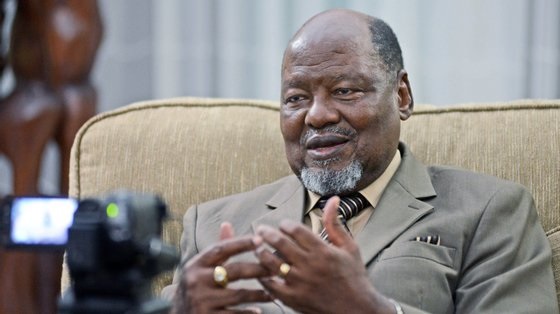
Photo: Lusa
Joaquim Chissano, a former president of Mozambique, has told Lusa in an interview that, as the Community of Portuguese-Language Countries (CPLP) marks the 25th anniversary of its founding, it should focus on projects that bring it closer to the people, and suggested a fund to combat poverty.
“The CPLP is still not known by the populations; its presence is not felt,” Chissano said in an interview with Lusa, stressing that the people “have to appear as participants in something.
“The CPLP has to be a community, not only for intellectuals, elites, diplomats, but a community for the people,” he argued.
He suggested looking into the creation of “a CPLP fund that can be directed at fighting poverty” – a phenomenon that he noted is still present in different forms in all member countries.
“Use the language and develop the same project, with the necessary adaptations to each country,” he said, adding that in this way “people can say: this is a project of the CPLP” – as happens with the work of other international organisations.
Chissano acknowledged that there are no formulas for success in this field and that the task requires study, but stressed the objectives: “To see what ‘CPLP programmes’ can be and to take them to the field” in order to find a way for the organisation “to become more visible, more felt by the populations, something that they feel part of.”
One example of a suitable method might be the one followed by the United Nations with its Sustainable Development Objectives – goals to be achieved by member countries in various areas of human activity, he said, stressing that in addition to theoretical targets “there must be something on the ground” to meet each objective.
The former president argued there are issues that can be seized as opportunities by the CPLP, such as fighting the Covid-19 pandemic using the Portuguese language as a platform for common initiatives, or the response to terrorism in Cabo Delgado, in northern Mozambique, mobilising international public opinion.
“We have to find a way; I don’t know what it is, but the members should discuss to find projects like these” that are closer to the populations of the member states, he said, adding that if there are concrete actions and projects, other discussions will follow naturally.
“I will go back to what I used to say when I was a participant: we should develop and protect the language, but to talk about something that we are doing,” he said, citing free movement between member states, a topic that remains on the agenda.
“It is necessary to do something and the more that something is [a project] in common, the more important mobility becomes,” he noted: “The more concrete the activities are, the more impetus there will be to study the best ways” to respond to emerging needs, such as facilitating the movement of people between countries that are part of the community.
Chissano is confident about the ability of new generations to continue the CPLP project and about the organisation’s “positive influence” – citing the case of Equatorial Guinea, which joined the community in 2014 with a commitment to abolish the death penalty, although it still retains it.
“I notice that since it joined the CPLP, [Equatorial Guinea] has felt the need to review its policies – even its development policy – its legislation and the need to open up a little more to its citizens,” Chissano said. “Therefore, the discussions that we have within the CPLP have an impact. It was a positive thing.”
At the time of accession, Equatorial Guinea was a positive addition to the CPLP also in terms of the resources that it coule contribute, but today it is also starting to have difficulties because of fluctuations in oil prices and output, he noted, while expressing the view that there was other potential, for example in terms of trade.
Chissano was president of Mozambique from 1986 and 2005, and was thus in office when the CPLP was created on 17 July 1996.
The Luanda summit, which is scheduled for Friday and Saturday, is to have the theme ‘Strengthening and Promoting Economic and Business Cooperation in Pandemic Times for the Sustainable Development of CPLP Countries’.
The CPLP is made up of Angola, Brazil, Cabo Verde, East Timor, Equatorial Guinea, Guinea-Bissau, Mozambique, Portugal and Sao Tome and Principe.


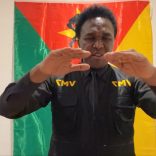

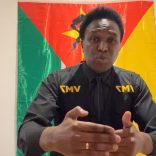

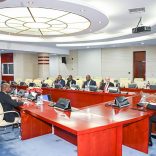
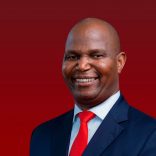
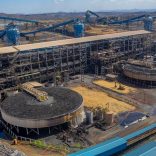
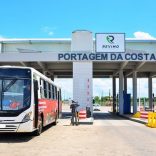

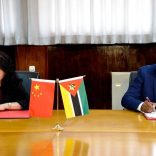
Leave a Reply
Be the First to Comment!
You must be logged in to post a comment.
You must be logged in to post a comment.